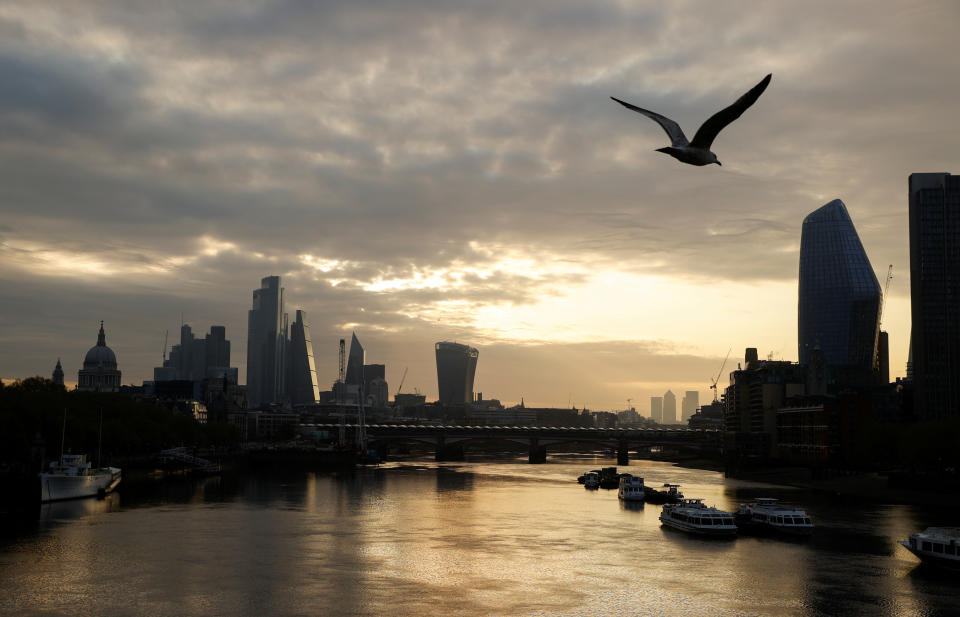Coronavirus: Crisis pushes debt levels at UK firms to highest in 13 years

UK businesses are in more debt than at any point during the past 13 years, as struggling firms continue to borrow a “staggering amount” to survive the economic impacts of the coronavirus pandemic.
Business lending is expected to grow by more than 14% in 2020, according to economic forecasters at the EY Item Club — significantly more than the 2% increase seen in 2019.
“COVID-19 has caused unprecedented challenges for the UK economy, putting financial strain on both businesses and households, and has resulted in a staggering amount of money being lent to firms over a short period of time,” said Omar Ali, a managing partner at EY, on Monday.
The surge in borrowing has been facilitated by a series of government-backed loan schemes, with the latest figures revealing that the UK Treasury has so far dolled out more than £50bn ($65bn) to firms that have been impacted by the coronavirus pandemic.
READ MORE: UK economic recovery slows despite increased business output
More than £34bn has been handed out under the “bounce back” scheme, which allows small businesses to access loans of up to £50,000 backed by a 100% government guarantee.
Analysts have raised concerns about the speed at which firms are borrowing under the bounce back scheme, suggesting it may lead to widespread defaults as companies collapse under the weight of their debt.
The Office for Budget Responsibility has predicted that as many as 40% of these government-backed loans could default, leaving the taxpayer on the hook for tens of billions.
READ MORE: Twitter wades into bidding war for TikTok's US arm
Launched in early May, the programme is by far the most popular form of coronavirus support loan offered to small and medium-sized businesses, with firms borrowing more than double the total lent by the other two support schemes, known as business interruption loans.
The surge in lending to businesses comes in spite of a collapse in borrowing by individuals. Consumer credit demand is expected to fall by almost 16% in 2020, the biggest annual decline since 1993, the EY Item Club said.
Meanwhile, mortgage lending will rise by just 2.6% this year, representing the slowest growth since 2015.
“Even assuming the economy bounces back in the short term, we’re likely to see very weak growth in loans to home buyers and consumers for some time to come,” said Dan Cooper, the UK head of banking at EY.

 Yahoo Finance
Yahoo Finance 
